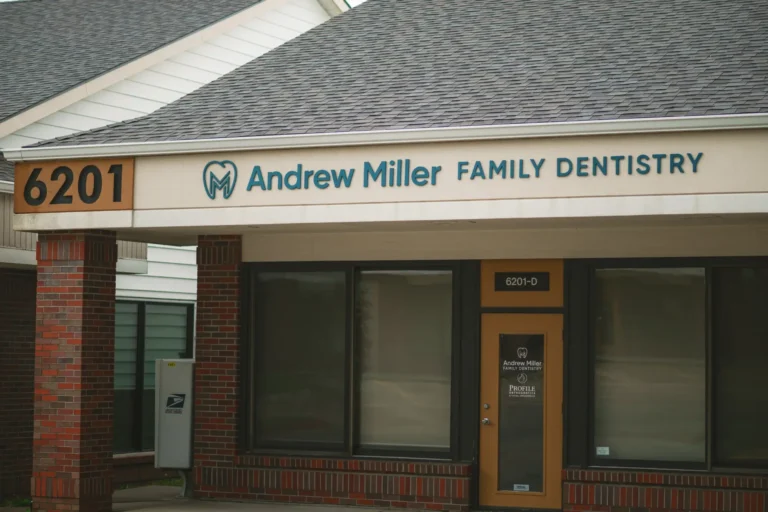Dental Bonding
Dental bonding is an alternative to veneers and is utilized as a restorative procedure for teeth that are chipped, cracked, discolored, or misaligned.
What Is Dental Bonding?
Dental bonding includes preparing the tooth for the procedure by lightly etching the surface and applying a bonding liquid. Once the liquid sets, a plastic resin is applied and sculpted into the desired shape. Once set, the resin is trimmed, smoothed, and polished naturally.
Bonding is used to repair or improve the appearance of a tooth. It’s commonly used in cosmetic procedures to cover chipped teeth but can also be used as an alternative to fillings, to close up spaces, or to fill in gaps.

-
Dental bonding vs. veneers—which one should I get?
Dental bonding and veneers are used to fix broken teeth or cavities and enhance the overall appearance of healthy teeth. Veneers cover the entire front surface of the tooth, while bonding is applied to a smaller area. Both bonding and veneers can help improve your smile and address spacing issues. However, dental bonding is usually used for emergencies. If you have a cracked or fractured tooth, bonding is the quickest way to repair it and only requires one appointment. Bonding is a great option for a quick fix for a small to moderate defect or cavity on your front tooth or teeth. Keep in mind that veneers are an alternative solution, and although they require more time and upfront investment, they provide a superior, longer-term cosmetic result.
-
What is gum contouring?
Gum contouring is common for people who dislike their “gummy” smile. It involves the removal of some gum tissue and shaping it to reveal more of the natural teeth. This is a highly personal decision based on your feelings about your gums. If your gums are uneven or cover too much or too little of your teeth, you may be a good candidate for gum contouring or reshaping.
-
How long does dental bonding last?
Dental bonding does not last as long as veneers, but it should last approximately ten years with proper care. This means avoiding hard candy, ice cubes, and similar substances that can cause the composite material to break down and crack. Factors such as an imperfect bite or teeth grinding can also affect the durability of the bonding.
More Questions?
If you have more questions about dental bonding, please contact our office and we will be happy to discuss further.

